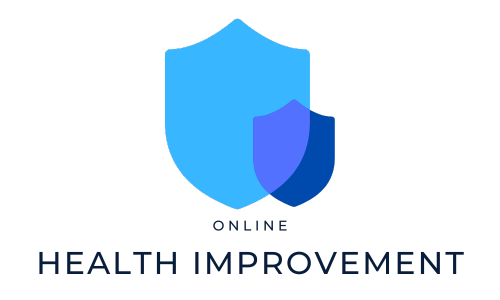The Importance of Prostate Health and Regular Checkups
Introduction
Prostate health is an often overlooked aspect of men’s overall well-being. The prostate, a small gland located below the bladder and in front of the rectum, plays a crucial role in the male reproductive system. It produces semen, the milky fluid that nourishes and transports sperm. Due to its location, the prostate is susceptible to various health issues, including benign prostatic hyperplasia (BPH), prostatitis, and prostate cancer. Regular checkups are of utmost importance to detect and treat any potential problems early on, ensuring optimal prostate health. In this article, we delve into the significance of prostate health and the necessity of regular checkups, highlighting key aspects along the way.
Understanding Prostate Health
The prostate gland undergoes changes as men age. One of the common conditions that arise is benign prostatic hyperplasia, a non-cancerous enlargement of the prostate. BPH can cause urinary difficulties, including frequent urination, weak urine flow, and urgency. Another condition, prostatitis, refers to the inflammation of the prostate. This can lead to pelvic pain, urinary tract infections, and discomfort during urination and ejaculation. Lastly, prostate cancer, the most serious of these conditions, occurs when malignant cells develop in the prostate gland. It is the second most common cancer among men worldwide.
The Importance of Regular Checkups
Regular checkups, including prostate-specific antigen (PSA) tests and digital rectal exams (DRE), are essential for maintaining optimal prostate health and detecting potential issues early on. Here are some key reasons why regular checkups are vital:
1. Early Detection: Regular checkups allow healthcare professionals to identify any changes or abnormalities in the prostate gland at their earliest stages. Early detection of prostate cancer increases the chances of successful treatment and improves overall outcomes.
2. Preventive Measures: Regular checkups enable healthcare providers to assess an individual’s risk factors for developing prostate conditions. This evaluation allows for the implementation of preventive measures to promote prostate health. Lifestyle modifications, such as maintaining a healthy weight, engaging in regular exercise, and avoiding tobacco use, can decrease the risk of prostate-related disorders.
3. Proactive Management: For individuals with known prostate conditions, regular checkups help monitor their condition and provide proactive management strategies. Healthcare providers can recommend medications, lifestyle changes, or other interventions to alleviate symptoms and prevent disease progression.
4. Peace of Mind: Regular checkups offer reassurance and peace of mind to men by ensuring that their prostate health is being actively monitored. This can alleviate anxiety and promote mental well-being.
How Often Should You Get Checked?
The frequency of prostate checkups varies depending on several factors, including age, risk factors, and previous prostate health history. Here are some general guidelines:
1. Age 40-50: Men with average risk factors should consider undergoing prostate-specific antigen (PSA) testing and a digital rectal exam (DRE) every two years.
2. Age 50 and above: Men over the age of 50, or those at higher risk (such as African-Americans and men with a family history), should have annual PSA testing and DRE.
It is crucial to note that these are general guidelines, and personalized recommendations may vary. It’s best to consult with a healthcare professional to determine the most appropriate checkup schedule based on individual circumstances.
Conclusion
Investing in regular checkups is a vital step in promoting and maintaining prostate health. By being proactive, men can detect and manage any potential issues at their earliest stages, ensuring optimal well-being. Regular checkups, including PSA tests and DREs, demonstrate a commitment to one’s health and help minimize the risks associated with conditions such as BPH, prostatitis, and prostate cancer. So, gentlemen, take charge of your health and prioritize regular checkups to safeguard your prostate health and overall quality of life.
